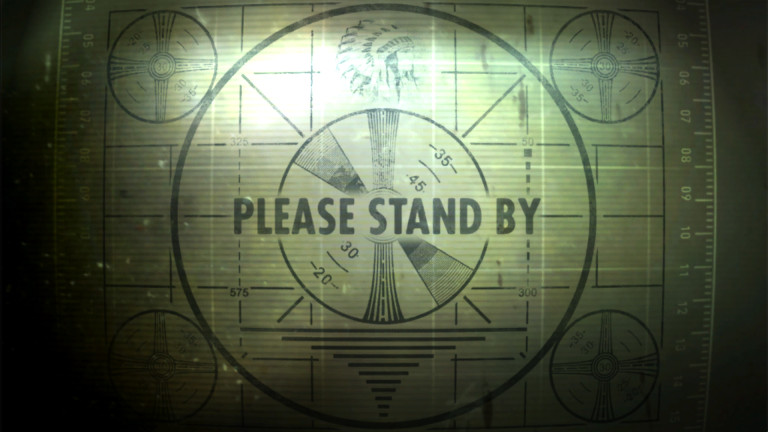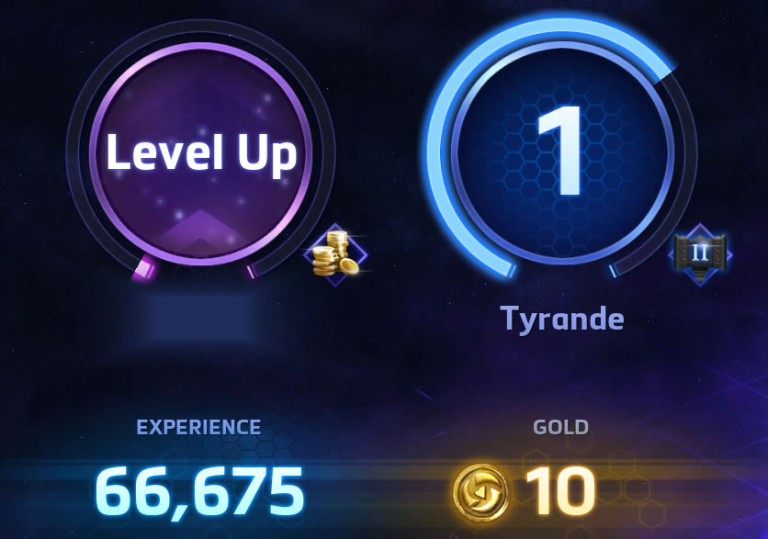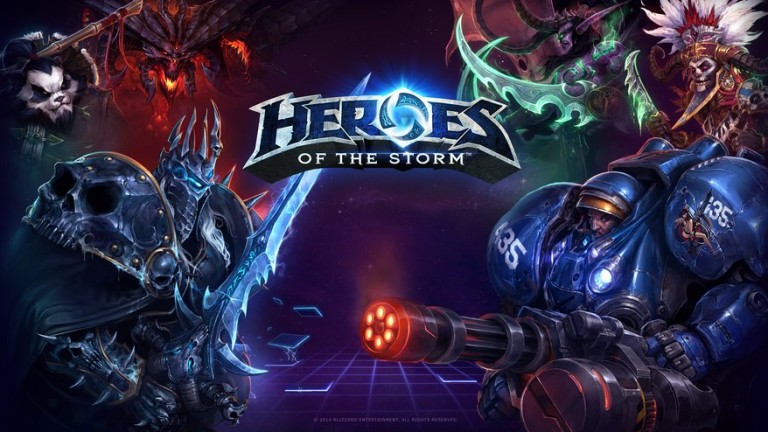I have been podcasting for just over two years now, first doing the Handsome Boys Comics Hour, and then starting The Simpsons Show (a year ago on this date). I want to do more of them, but adding more to my workload would probably strain me to the point of breaking. Juggling a full time job and two podcasts is hard enough when trying to get a social life and some video games in. However, I would make one exception for sure, and that is any kind of podcast project with my wife. Now, she included in one of her marriage vows to do at least an episode with me, so I have witnesses that she would participate, but still, I feel like that is out of some kind of obligation. When I asked her the other day what she’d be interested in talking about, she asked me, why? Why do we need to record our conversation, and release it? Why not just have the conversation?
Podcasts are near and dear to my heart, even with me being a relative newcomer to a medium that’s been around for over a decade, but is now just gaining real traction with the general public. Why podcast? The obvious first answer is that it’s fun. You get to create a freeform radio show of your own devising, and stretch your creativity. There is no one telling you what you can or cannot do. You can create whatever type of show you want.
I think that’s the most obvious answer, however. The true reasoning of why I podcast, and why I love podcasts in general is that starting a show, of some kind, about something, creates a space for conversation to exist. In our modern world, it’s rare to just sit down and talk about a specific topic with someone, even a close friend or spouse. Even if you do, do you really analyze it, do you really look at it with a critical eye? And even if you do, do you really explore the topic? Do you really cover every angle? Probably not. We talk, we share ideas, but anyone you would converse with at such a level would probably already share a lot of your sentiments. Just with the act of exposing the conversation to the public, you open it to the idea of other opinions, for good or ill.
As well, by creating a rigid schedule, by giving yourself a responsibility to create this show, you now have an appointment to have a conversation. And that is a wonderful thing. You are forced to look at something with a critical eye, to think about it in different ways, to even expand your opinion at most. The simple act of recording it, and showing it to the world makes a normal conversation that much better. That, mixed with the ability to create your own unique take on the medium, and the fellowship of recording something, of sharing the experience, truly makes podcasting a extremely unique medium, one that is still growing.




